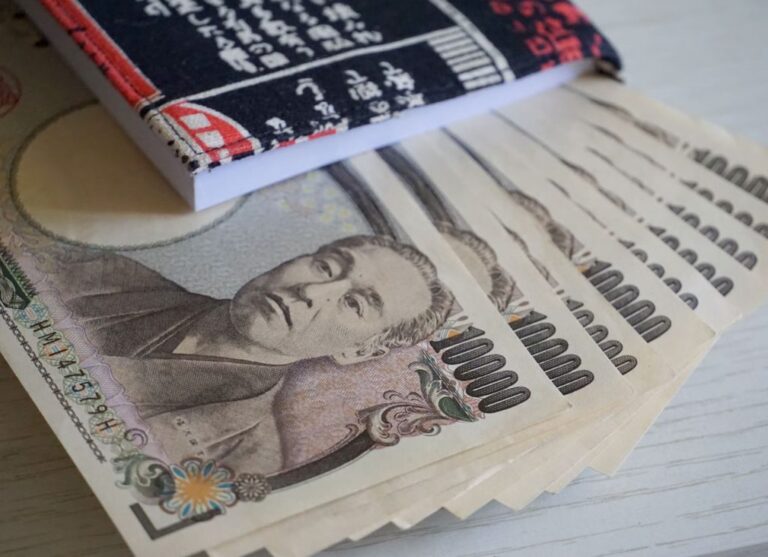
Morning Brief – TRY again!
The Rand, Brazilian Real, the Ruble and the Indonesian Rupiah join the Turkish Lira to form a basket of emerging market currencies that are particularly vulnerable to capital flight – the so-called “fragile five”. During the height of the pandemic this basket of currencies recorded heavy losses versus their G10 counterparts. Losses had largely peaked by the end of March with the immediate speculative sell of in emerging market currencies moderated by global central bank action to support economic and monetary conditions. Since then rising infection rates across Latin America have put pressure upon the Real, historically low and volatile oil prices continued to undermine the Ruble and strict lockdown measures in Indonesia and South Africa have kept the Rupiah and Rand well discounted.
During the height of the episode of global market volatility spurred by the spread of the pandemic, losses within the Turkish Lira were noticeably contained. Thanks to measures introduced to limit the capacity for speculative selling and capital flight from the economy, the Lira was reluctant to sell-off at the pace of its vulnerable counterparts. However, four months on and the basket of emerging market currencies continues to firm up with one notable exception: Turkey. Despite a momentous sell-off in the USD to two-year lows over the last couple of weeks, the Lira fell to a 2.5 month low versus the Dollar. Against the European Single Currency things look even worse. EURTRY has now surpassed the levels reached during the Lira’s flash crash in 2018 and now sits at all time lows. The main cause behind the vulnerability that looks set to continue is monetary policy and economic mismanagement.
Turkish President and wannabe Economics Professor Recep Erdogan detests high interest rates. He sees them as a demand from an external group who demand high interest in order to reward/insure their speculative bets in the Lira. He also sees high rates of interest as the enemy of growth. As a result of this Turkey faces a structural balance of payments crisis leaving its currency vulnerable to speculative selling and an environment hostile to much needed overseas investment. Interest rates in Turkey stand at 8.25 percent. That sounds healthy, right? Well with inflation reaching 12.6 percent (annualised) last month, Turkey has a deeply negative real yield that renders it among the most unattractive currencies from a yield perspective on the planet.
Whilst sinking to record lows the market has shrugged off an estimated $1bn spent by Turkish authorities each day to sustain the Lira. Spending operations are not published in Turkey so the impact upon foreign exchange reserves remains an estimate. With lockdowns re-emerging across the globe and notably in Europe, FX intervention is a game that Turkey will find it rapidly cannot afford to play. In the past rapid sell offs in one of the fragile five currencies can have a contagion effect upon the other currencies. For now, and whilst the Lira’s decline seems quintessentially Turkish, the rest of the group are stable and still gobbling up (pardon the pun) accommodating monetary backdrops across the globe.
Discussion and Analysis by Charles Porter

Click Here to Subscribe to the SGM-FX Newsletter
Related Insights

Morning Brief – Japanese Yen
Japanese Yen With JPY at a new 34 year low versus EUR, the market is set for an ambush by the Bank of Japan if it acts today at the end of their Policy Meeting to support the Yen. The reason that the market is susceptible is because it has convinced itself that the BoJ […]

Morning Brief – Coalition
Coalition This briefing is about South Africa and the Rand, which frequently proves to be one of the more divisive subjects within our roster of currencies. In particular, with the election looming, this will be about South African governance. Not from a political or human perspective about what may be the best long term outcome […]

Morning Brief – US Tariffs on Chinese Imports
US Tariffs on Chinese Imports Recently we wrote about how Mexico has become the Number One trade partner for the USA. It now transpires that Mexico may have had what is known as a little assist with their numbers: the statistics for the number of 20 foot shipping containers for the first three Quarters of […]



 Humphrey Percy
Humphrey Percy Charles Porter
Charles Porter